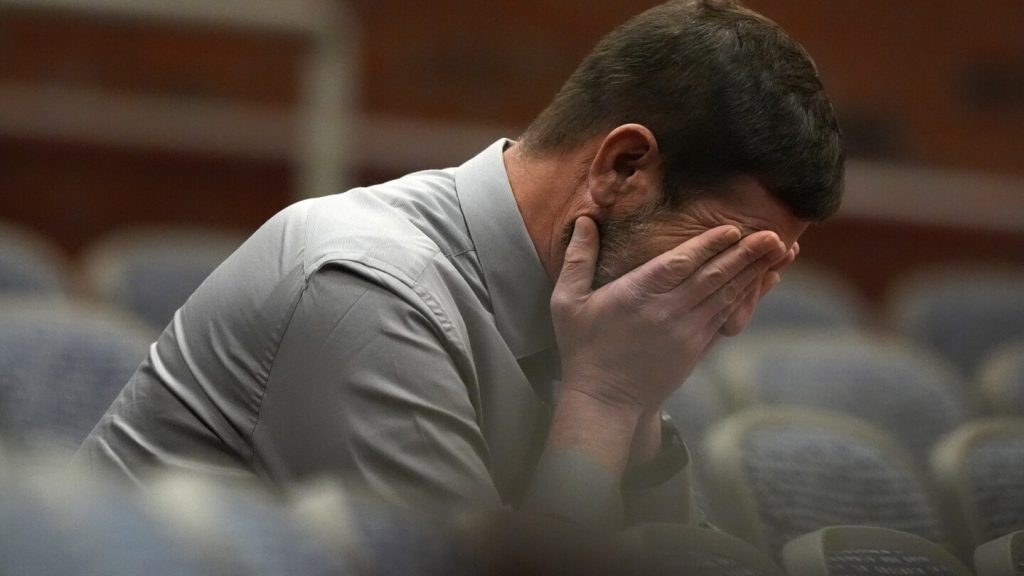Fellow U.S. Army reservists testified before a commission investigating Maine’s deadliest mass shooting, describing the mental and physical decline of the shooter, Robert Card, before the tragedy. Six weeks before the shooting, Card’s best friend and fellow reservist, Sean Hodgson, warned superiors about Card’s potential for violence and suggested changing the gate passcode at their training facility. Despite months of warnings from Hodgson and concerns from other reservists, authorities failed to remove guns from Card’s possession in the weeks leading up to the shooting, which occurred on October 25 in Lewiston.
Card had been hospitalized in a psychiatric facility for two weeks in July and was prohibited from having weapons while on duty in the Army. However, police did not confront him or take further action to ensure the safety of the community. An interim report by an independent commission found that authorities had probable cause to detain Card and seize his guns under Maine’s “yellow flag” law but failed to do so. The commission also criticized the police for not following up on Hodgson’s warning text, highlighting a failure in the system that could have prevented the tragedy.
Another fellow reservist, Daryl Reed, testified about witnessing Card’s decline from a “normal guy” to a paranoid individual who believed others were calling him a pedophile and acquired expensive night vision equipment. Concerns about Card’s behavior were raised among reservists, but little action was taken to address the situation. Hodgson, who had been close friends with Card, had reported his concerns multiple times, including an incident where Card became violent and punched him in the face after a night of gambling. Despite struggles with PTSD and alcohol addiction, Hodgson’s warnings were not taken seriously by some officials.
The commission also heard from the state’s director of victim witness services and expected more Army personnel to testify about the events leading up to the shooting. In the face of the tragedy, the director described the challenges of responding to the enormity of the situation with limited resources. The Maine Resiliency Center planned a six-month commemoration event to support those affected by the shooting and continue their healing process. Governor Jane Mills expressed solidarity with the community, acknowledging the long road to healing ahead but emphasizing the importance of coming together in the face of tragedy.


